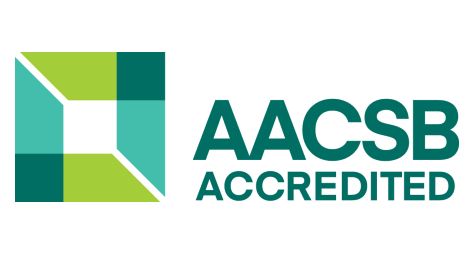R3/0412/6/0032 | MQA/SWA0096 (27.12.2029)
Finance is a fast-growing field of employment. It has roots in accounting and economics, but has developed its own unique framework and knowledge base. Financiers inform business decision-makers on the best courses of action for the financial profit and security of the organisation. Working on a wider scale than accountants, they analyse and assess financial forecasts, the value of a company, the investment opportunities open to them and the value of shares and bonds. Students of this program will learn to analyse and assess financial forecasts and the value of companies, to investigate investment opportunities, and to examine the values of shares and bonds.
INTAKES
March, September
DURATION
3 years

The Bachelor of Business (Finance) allows students to develop skills essential for a career in the area of corporate finance, most specifically in the financial and capital markets.
The finance major is designed to prepare individuals in the core areas of analysis of investments and sourcing foreign exchange deals, risk management and business investment, with units designed with a blend of economics, accounting and finance.
This course may lead to career opportunities in areas such as banking, broking, credit analysis, funds management, insurance, international finance, risk management, securities analysis or treasury management.
Upon successfully completing the Bachelor of Business (Finance) students will be able to:
For completion of the Bachelor of Business (Finance) students are required to complete a total of 24 units (300 credit points) consisting of:
Core units
Discipline core major
Eight (8) additional units of study must be completed. These units of study may comprise of a second major, co-major, minor/s, or electives.
* The indicative course fees shown here apply to students studying on-campus in Malaysia for the relevant year only. They are based on a standard study load per year. However, please note that fees are assessed according to a student's study load in each semester, and variation to study load will result in an adjustment to tuition fees. All fees are subject to annual review and may be adjusted.
* All prices exclude Sales and Service Tax (SST), and are subject to SST where applicable.
At Swinburne scholarships are about providing opportunity, promoting equity and recognising excellence and achievement. Scholarships are available for both commencing and current students.
Apply for this course by following the step-by-step process from the links below.
Graduates may find employment in the fields such as banking, broking, consumer finance, corporate finance, economic analysis, financial analysis and forecasting, funds management, international banking, insurance, investment management, merchant banking and treasury management.